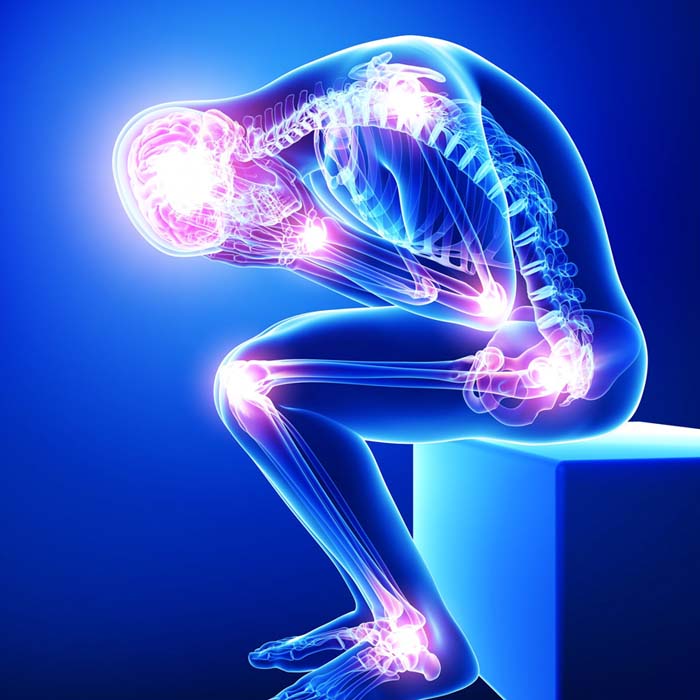Chronic pain can be a challenging condition to manage, both for patients and their caregivers. It can impact many aspects of daily life, from work to social activities, and can take a significant emotional toll. However, with the right strategies and support, it is possible to manage chronic pain effectively. In this blog post, I will share some tips for patients and caregivers on managing chronic pain.
1. Develop a pain management plan: A pain management plan should include a list of medications, dosages, and schedules, as well as other therapies or treatments recommended by your healthcare provider. This plan should be reviewed and updated regularly as your condition changes.
2. Stay active: Physical activity can help reduce pain and improve overall health. Low-impact exercises, such as walking, swimming, and yoga, can be beneficial for managing chronic pain.
3. Practice good sleep hygiene: Getting enough sleep is essential for managing chronic pain. Establish a consistent sleep schedule and create a sleep-friendly environment, such as a cool, dark, and quiet room.
4. Eat a healthy diet: A healthy diet can help reduce inflammation and improve overall health. Eat a diet rich in fruits, vegetables, whole grains, and lean protein.
5. Manage stress: Stress can exacerbate chronic pain. Try relaxation techniques such as deep breathing, meditation, or yoga to manage stress.
6. Engage in activities you enjoy: Chronic pain can limit your ability to participate in activities you enjoy. However, finding activities you can do, such as reading, listening to music, or spending time with friends, can help improve mood and overall well-being.
7. Communicate with your healthcare provider: It is essential to communicate openly and honestly with your healthcare provider about your pain and how it is affecting your life. Your provider can help adjust your pain management plan to meet your changing needs.
8. Seek support: Chronic pain can be isolating, and it is essential to seek support from family, friends, and healthcare professionals. Support groups can also be a helpful resource for those living with chronic pain.
For caregivers, it is essential to provide emotional and practical support to their loved one living with chronic pain. Caregivers can help manage medications, assist with physical therapy, and provide transportation to medical appointments. They can also provide emotional support and help their loved one manage stress.
In conclusion, managing chronic pain can be challenging, but with the right strategies and support, it is possible to improve quality of life. Patients and caregivers should work closely with healthcare providers to develop a personalized pain management plan and take steps to promote overall health and well-being.






